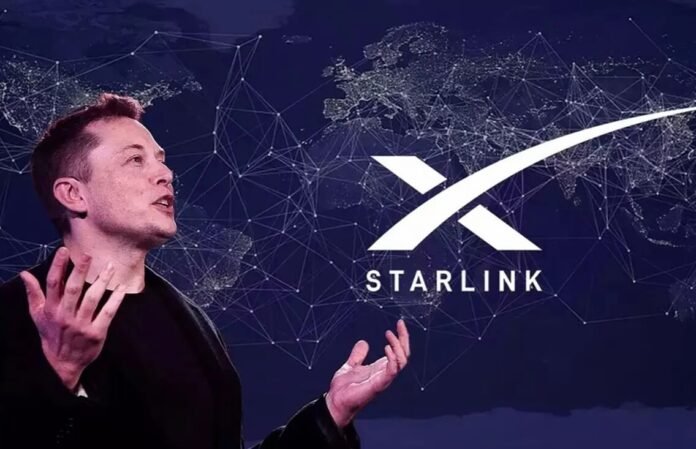BREAKING NEWS: Government Gazettes New Regulations to Ease B-BBEE Licensing for Satellite Service Providers, Paving Way for Starlink and Others Amidst International Trade Pressure and Allegations of Misinformation.
JOHANNESBURG, SOUTH AFRICA – May 23, 2025 – In a landmark move poised to reshape South Africa’s telecommunications landscape, the Department of Communications and Digital Technologies today issued a government gazette announcing significant amendments to the Broad-Based Black Economic Empowerment (B-BBEE) licensing requirements for international satellite service companies.
For months, the stringent B-BBEE ownership and local equity requirements have been cited as a significant hurdle for international satellite internet providers seeking to operate in South Africa. However, unlike other companies that have navigated or adapted to these criteria, Elon Musk’s Starlink—offering high-speed, low-latency internet access via a constellation of low Earth orbit (LEO) satellites—has outright refused to comply with certain B-BBEE stipulations, leading to its delayed full operational rollout in the country.
Sources indicate that the narrative surrounding B-BBEE as an insurmountable barrier was significantly amplified during the highly publicised White House visit from May 19 to 22 this year. During these discussions, US President Donald Trump, accompanied by SpaceX and Tesla CEO Elon Musk, reportedly presented a highly critical view of South Africa’s B-BBEE laws. As reported by NOWinSA, Musk is alleged to have spread false claims regarding Starlink’s licensing issues, portraying the empowerment policies as discriminatory and economically restrictive.
Critics suggest that Musk may have used selective or exaggerated information about the B-BBEE framework—effectively playing the “race card”—to position South Africa as unwelcoming to foreign investment. Some even argue that his approach served as a strategic move to gain leverage in broader US–South Africa trade negotiations. The claims were also echoed in a controversial narrative exposed in the “Starlink is a Trojan Horse” investigation, which detailed how Grok AI’s data manipulation may have influenced international perceptions of South African regulation.
While official details of the discussions remain undisclosed, the timing of the gazette—mere days after the visit—has not gone unnoticed. Analysts see the government’s swift pivot as a calculated decision to avoid potential trade repercussions and signal South Africa’s openness to high-impact foreign tech investment. A Bloomberg report confirms that a legal workaround was being prepared to accommodate companies like Starlink.
The newly gazetted amendments introduce a more flexible framework, particularly for companies providing critical, high-tech infrastructure services that are not easily replicable by local entities in the short term. While the government reiterates its commitment to B-BBEE principles, the revised regulations now permit phased compliance or alternative empowerment contributions—such as significant infrastructure investments, local job creation, and skills development initiatives.
Industry analysts have offered mixed reactions. “While the gazette removes a major regulatory bottleneck for companies like Starlink, the political undertones are undeniable,” one analyst noted.
Starlink is expected to benefit significantly from these changes. While the company has not issued an official statement, observers believe the regulatory shift could accelerate its nationwide rollout. However, critics remain wary. As highlighted in NOWinSA’s analysis, there are growing concerns that easing regulatory safeguards could pose risks to national digital sovereignty and local enterprise growth.
The gazette outlines provisions for ongoing monitoring and review, ensuring that any international company benefitting from the eased requirements continues to meet socio-economic development obligations. These oversight mechanisms are meant to balance the country’s digital ambitions with its commitment to equitable economic transformation.
As South Africa continues its journey toward a digitally inclusive future, this regulatory adjustment marks a pivotal moment—opening the door to high-speed satellite connectivity for millions, while also igniting debate over how much ground the country is willing to cede in the name of investment.
ALSO READ: Samsung’s transformation efforts garner another level 1 B-BBEE rating
NOWinSA | Stories Shaping South Africa Today

